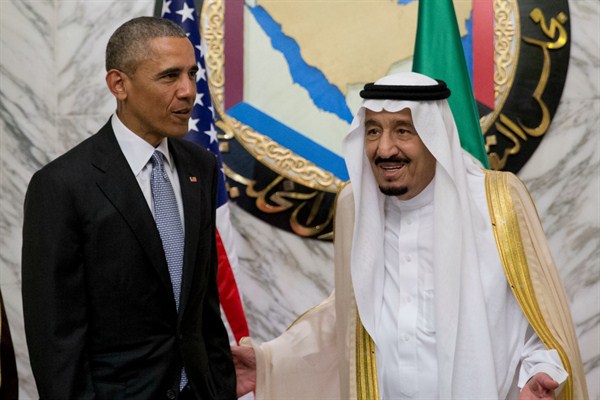The 13th Summit of the Organization for Islamic Cooperation (OIC) wrapped up in Istanbul last month, chaired by Turkish President Recep Tayyip Erdogan. The summit was notable for the fact that it attracted over 30 heads of state, the highest number in the OIC’s nearly 50-year history. As usual, the OIC’s final resolution reflects a hodgepodge of bilateral, regional and global issues of interest to the Muslim ummah, or global community. This included pledges to fight Islamophobia, promote economic and scientific cooperation, combat terrorism, and deal with long-standing territorial conflicts in Israel-Palestine, Cyprus, Jammu-Kashmir and Nagorno-Karabakh, among others.
But despite the final communiqué’s length—238 articles over 38 pages—it was the inclusion of a few anti-Iranian passages that captured media attention around the world. The articles in question condemned Iran’s “inflammatory statements” against Saudi Arabia’s decision to execute a prominent Shiite cleric in January, and denounced the subsequent attacks by Iranian demonstrators on Saudi diplomatic missions in Iran’s capital, Tehran, as well as the city of Mashad. The final resolution “deplored Iran’s interference in the internal affairs of the States of the region . . . and its continued support for terrorism.” The communiqué also denounced Hezbollah, the Lebanese militia and political party backed by Iran, for “spreading terrorism.”
The Iranian government was predictably livid and accused Riyadh, which rules over Islam’s two holiest cities in Mecca and Medina, of elevating its narrow interests over those of the broader Muslim community. The Iranians, despite their differences with several OIC members, do not believe such language would have made its way into the final communiqué without Saudi orchestration. Tehran claims that its diplomats were denied visas to attend draft meetings of the resolution in Riyadh last March.

